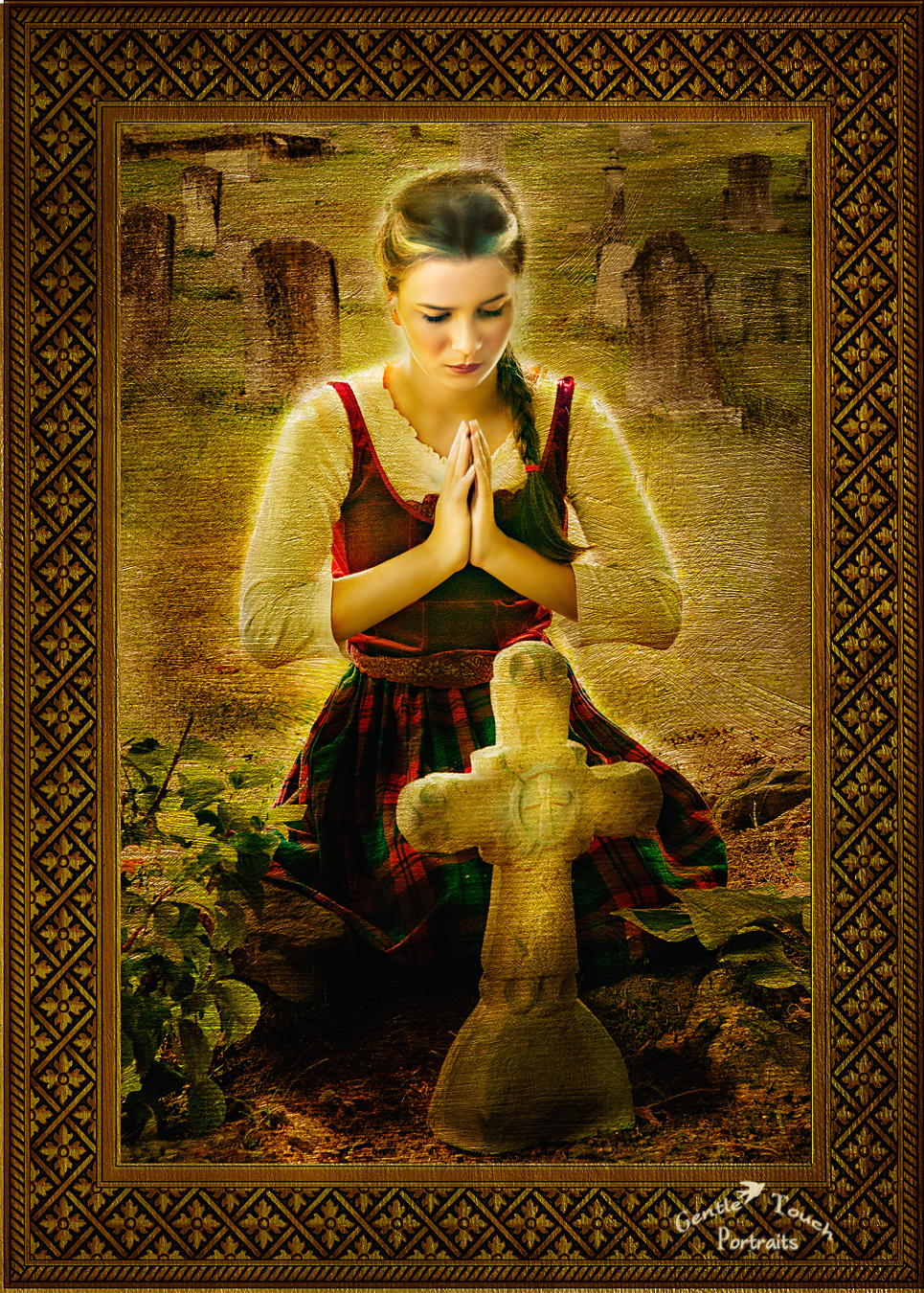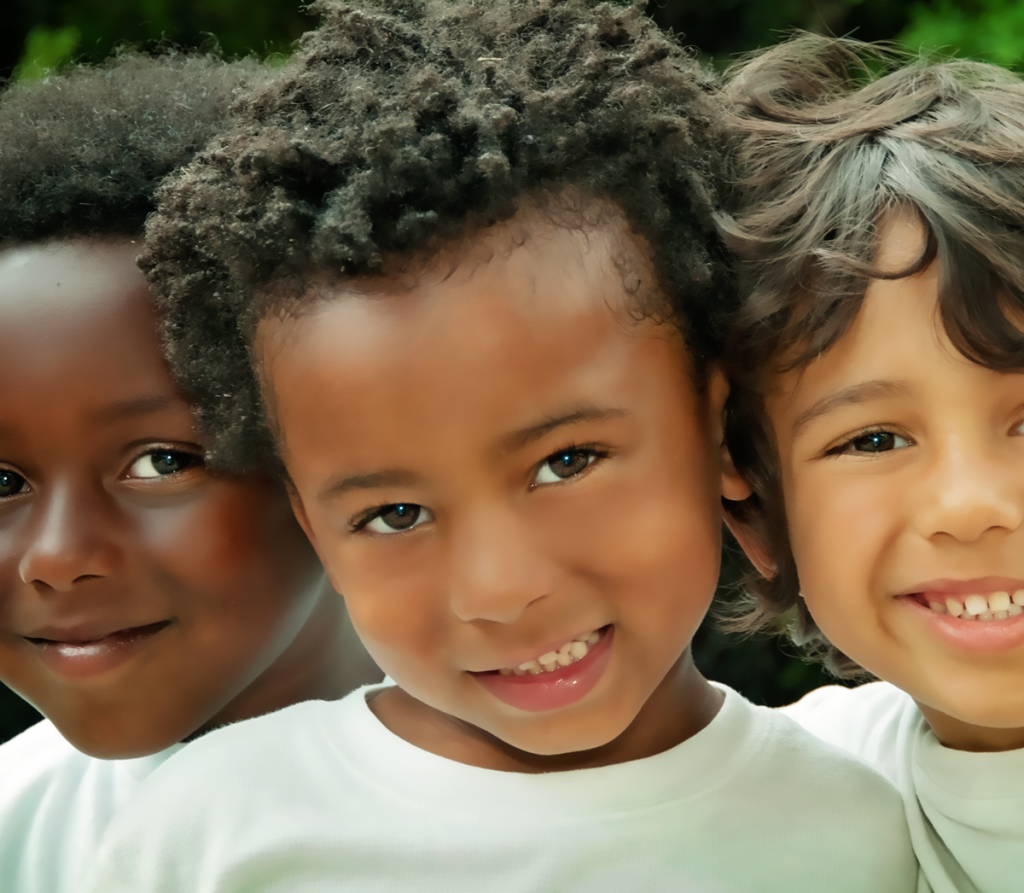The past six weeks have grieved all of us as one catastrophe followed another. Such devastation and loss of life from hurricanes, fires, earthquakes, and a mass shooting! But did you know that we Americans celebrate a holiday which may be commemorating an ancient worldwide catastrophe? I’m intrigued by the theory that “Day of the Dead” celebrations across the globe in October/November, including our Halloween, share a common origin whose roots go back to ancient times.
Historians think our American Halloween traditions came to us through Irish immigrants who were descendants of the Celts who lived more than 2,000 years ago and celebrated their pagan festival that honored the dead with sacrifices of animals and crops at the end of October. When conquered by the Romans in about 43 AD, their festival was mentioned in Roman records as it merged with the Roman Day of the Dead, Feralia, also celebrated at the end of October.
 As Christianity spread over Europe, the Catholic church began to promote a special day called All Saints Day to honor dead saints and martyrs and set the date as November 1st to provide a Christian alternative to the pagan Day of the Dead. Our current name of Halloween comes from All Hallows Eve, the day before All Saints Day. The following day, November 2, is celebrated as All Souls Day when Catholics pray for departed loved ones.
As Christianity spread over Europe, the Catholic church began to promote a special day called All Saints Day to honor dead saints and martyrs and set the date as November 1st to provide a Christian alternative to the pagan Day of the Dead. Our current name of Halloween comes from All Hallows Eve, the day before All Saints Day. The following day, November 2, is celebrated as All Souls Day when Catholics pray for departed loved ones.
But Europeans aren’t the only ones who celebrated a Day of the Dead. Here I’m going to quote:
“…in the Americas there is the Mexican Day of the Dead (El Día de los Muertos) that goes back to the ancient festival of the dead celebrated by Aztecs and the more-ancient Olmec. This was likely where the Guatemalans get their Day of the Dead. Brazilians also celebrate Finados (Day of the Dead). Bolivia has the Day of the Skulls (Día de los Natitas).6
In Asia, there are similar festivals. For example, the Chinese celebrated the Ghost Festival, which was a day to pay homage to dead ancestors. The Japanese celebrated something similar called O-bon or merely Bon. Even Vietnam has a variant of the Ghost Festival called Tet Trung Nguyen. In Korea, there is Chuseok or Hankawi, in which deceased ancestors are ritualized. In Nepal, there is the cow pilgrimage called Gia Jatra to honor the recently deceased. In the Philippines, there is the Day of the Dead (Araw ng mga Patay), where tombs are cleaned and repainted.”
If there is a world-wide tradition of remembering the dead at the end of October, could it be that at one time all the peoples of the earth lived together? Could it be that the multi-cultural remembrance of the departed is actually a commemoration of the destruction of the world’s population as recorded in the Biblical account of the great global flood which destroyed all but one family and samples of all animal life? The Bible records that all of humankind were wiped from the face of the earth except Noah, his wife, and his sons and daughters-in-law. After exiting the great ship that had carried them safely above the flood waters, they offered animal sacrifices to God thanking him for sparing them. But no doubt the loss of their friends and relatives were a heavy grief even as they thanked God for their own safety. Imagine entering a world void of any other humans. I imagine that in the vast quiet of the new world they found themselves in, they missed the sounds of celebrations, the wedding songs, the chatter of children. As they bravely pioneered, perhaps they thought of the civilization of their old lives. The loneliness would have been overwhelming. It would have been natural for the survivors to remember the anniversary of the day their lives changed forever as each year passed.
 Later, many children were born to Noah’s long-lived sons and they migrated East from the mountain where the great ship had landed. Keep in mind that their lifespans were far longer than ours, so Noah’s sons were around for 500 years after the flood to give eye-witness accounts of surviving that cataclysmic event. When they settled on a fertile plain and produced many more offspring, these clans were determined not to be uprooted as their forebears had been in the great flood and subsequent migration. “Come, let’s build a city for ourselves with a tower that reaches into the sky. [Perhaps as a precaution against another flood?] This will make us famous and keep us from being scattered all over the world.” But God said, “The people are united, and they all speak the same language. After this, nothing they set out to do will be impossible for them! Come, let’s go down and confuse the people with different languages. Then they won’t be able to understand each other. In that way, the Lord scattered them all over the world.” Genesis 11:1-2,4,6-8 So each people group migrated to different areas and their various cultures developed, possibly including the commemoration of the day the earth’s population was wiped out.
Later, many children were born to Noah’s long-lived sons and they migrated East from the mountain where the great ship had landed. Keep in mind that their lifespans were far longer than ours, so Noah’s sons were around for 500 years after the flood to give eye-witness accounts of surviving that cataclysmic event. When they settled on a fertile plain and produced many more offspring, these clans were determined not to be uprooted as their forebears had been in the great flood and subsequent migration. “Come, let’s build a city for ourselves with a tower that reaches into the sky. [Perhaps as a precaution against another flood?] This will make us famous and keep us from being scattered all over the world.” But God said, “The people are united, and they all speak the same language. After this, nothing they set out to do will be impossible for them! Come, let’s go down and confuse the people with different languages. Then they won’t be able to understand each other. In that way, the Lord scattered them all over the world.” Genesis 11:1-2,4,6-8 So each people group migrated to different areas and their various cultures developed, possibly including the commemoration of the day the earth’s population was wiped out.
“great are your purposes and mighty are your deeds. Your eyes are open to the ways of all mankind; you reward each person according to their conduct and as their deeds deserve.” Jeremiah 32:19
“But the plans of the Lord stand firm forever, the purposes of his heart through all generations.” Psalm 33:11
So what does the “Day of the Dead” have to do with us? I think it reminds us that God is in control of this earth. His plans will be accomplished. We often feel world events are harsh and random and we despair. But God is aware of all that is going on and has already determined the course of history. In the end, those who love him will be delivered from sorrow and pain and will join him in a new world where joy and peace reign.
“Then the King will say to those on his right, ‘Come, you who are blessed by my Father; take your inheritance, the kingdom prepared for you since the creation of the world.” Matthew 25:34
References
“In those days before the flood, the people were enjoying banquets and parties and weddings right up to the time Noah entered his boat.” Matthew 24:38
For further reading
http://bibleprophecytodaysnews.blogspot.com/2013/10/what-about-halloween.html